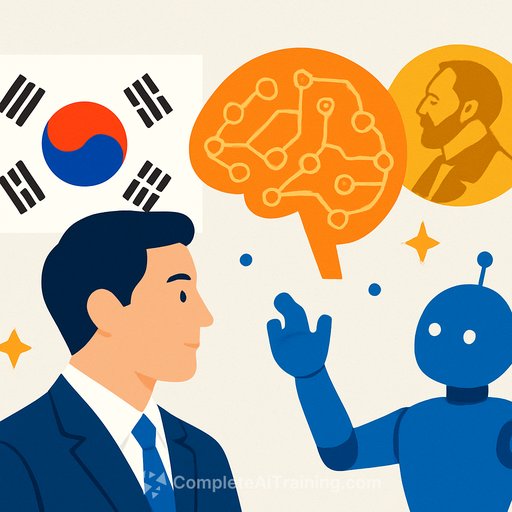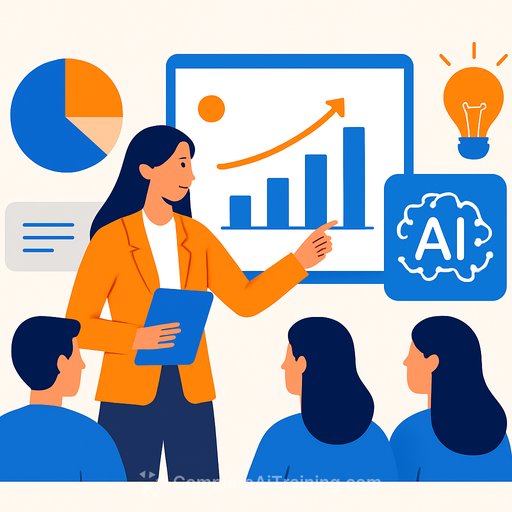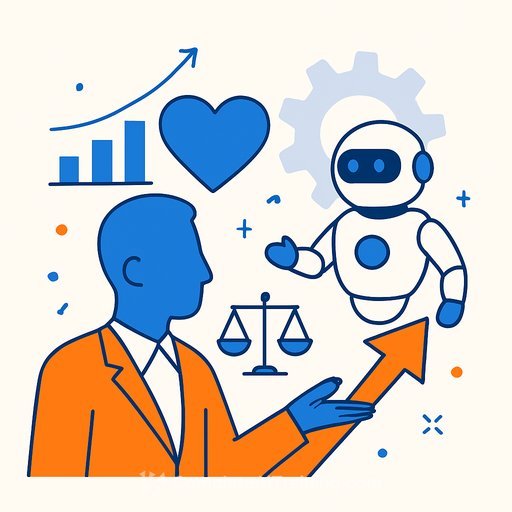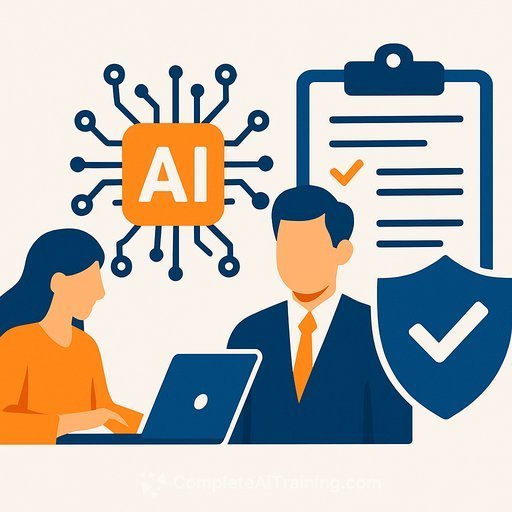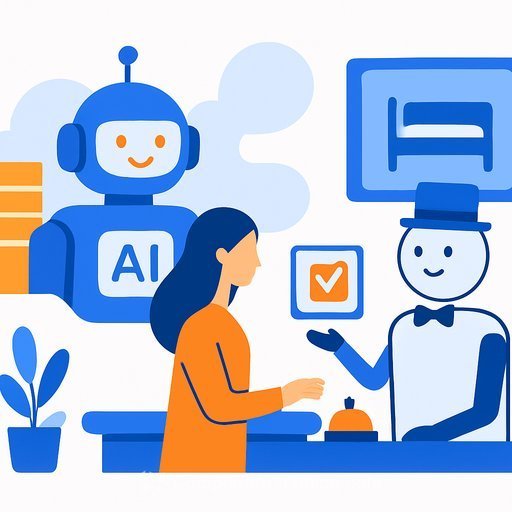Seoul advances AI leadership with national model plan
South Korea is putting a flag in the ground. At a policy forum in Seoul, Deputy Prime Minister and Science and ICT Minister Baek Kyung-hoon said the country will build a national AI foundation model aimed at the highest global tier-not just "top-10." He also argued that if AI is woven into scientific research well, South Korean researchers could finally break through to Nobel-winning outcomes.
The message to industry is clear: the government wants an end-to-end AI stack built at home-semiconductors, cloud infrastructure, models, and services-positioning Seoul as the AI capital of the Asia-Pacific. Global players are already watching. According to Baek, companies like OpenAI and Nvidia are paying close attention.
Why this matters for executives
- Capital allocation: This is a national signal to accelerate AI spend across infrastructure, model integration, and data readiness. Expect incentives, partnerships, and procurement tailwinds.
- Talent and research: Blending AI with core science is a direct path to high-value IP. Companies with deep data and domain expertise can ride this wave fastest.
- Ecosystem leverage: A domestic full-stack reduces exposure to external bottlenecks and geopolitics. It also sets the stage for differentiated, region-specific AI services.
Inside the plan: a "top-tier" national AI model
Baek's target is explicit: build a model that is competitive at the highest level globally. That requires compute at scale, clean and proprietary datasets, and routes to adoption across industry and public services. Done right, it creates a shared asset-usable by startups, enterprises, and government-without outsourcing strategic capability.
Signals from global leaders
Interest from major AI and chip companies is a positive sign. It means capital, tooling, and ecosystem support will follow if the national effort shows momentum. For enterprises, that translates into better access to models, GPUs, and co-development opportunities-if you move early.
What to do now
- Audit AI-readiness: map critical workflows, data availability, and compliance gaps. Prioritize use cases with clear ROI over "showcase" pilots.
- Build data moats: invest in data quality pipelines, labeling, governance, and secure sharing frameworks with research partners.
- Secure compute paths: line up multi-cloud and on-prem GPU capacity; avoid single points of failure. Negotiate reserved capacity where possible.
- Co-develop with academia: align research labs with your hardest technical problems. AI-assisted science is now a competitive lever, not just PR.
- Plan for regulation: design for auditability, safety reviews, and export controls from day one.
Execution risks to watch
- Compute and supply constraints that slow training cycles
- Data fragmentation across institutions and ministries
- Talent scarcity in systems engineering, model optimization, and evals
- Balancing openness with national interest and enterprise IP protection
Bottom line
South Korea is aiming high: a national model with global credibility, a full-stack domestic ecosystem, and a tighter link between AI and core science. For leadership teams, the window is open to secure partnerships, shape standards, and convert research into defensible products. The advantage goes to those who move first-and build well.
Build capability inside your org
- AI training paths by job role to upskill teams aligned to near-term use cases.
- Popular AI certifications to formalize standards and hiring benchmarks.
Your membership also unlocks:

